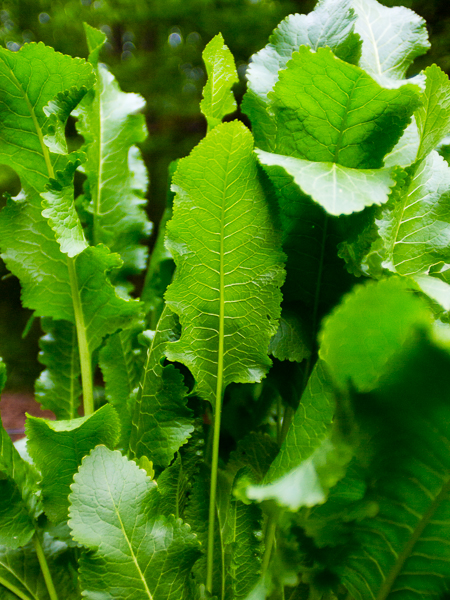
It's ToxTuesday and we're going to talk about nicotine. I know what you're thinking, "nicotine poisoning isn't sexy," but I'm here to change your mind. So I present to you Green Tobacco Sickness. 

North Carolina, and Durham, was founded on tobacco. There was huge money in tobacco, but even though the industry is in decline, it's still important to NC with revenue of ~$1B/yr. As an aside, the Durham Bulls were originally named the Tobacconists in 1902 (cc @stephaniekays). 

Downtown Durham is full of abandoned tobacco warehouses, in the process of being turned into trendy overpriced "urban lofts." But drive five miles north, and you'll still see small tobacco farms. 

Come early August, tobacco leaves need harvesting, and it's usually done by migrant Latino farm workers. Leaves are cut in the morning before it's too blazing hot, but early morning also brings heavy dew. It's this combination of leaves and dew that poisons hundreds each year. 

Nicotine is soluble in water, about 16 grams per liter of water, and heavy dew in the morning pulls nicotine from the leaves and brings it to the surface. When workers are in the fields harvesting, their hands and clothing become saturated with nicotine.
The combination of nicotine's solubility in water, and small size, allows nicotine to pass through the skin - like a nicotine patch. I know you're wondering why we scream "fentanyl can't pass through the skin!" But we're talking about literally bathing in nicotine. Soaked in it.
This occupational exposure and poisoning due to nicotine is appropriately called Green Tobacco Sickness (GTS). Symptoms include nausea, vomiting, abdominal pain, dizziness, and profuse sweating. Approximately 25% of workers will report GTS each season.
If poisoned, and removed from work, the symptoms will resolve themselves after a few miserable days and sleepless nights. But there are a few rare deaths, likely a combination of nicotine toxicity and dehydration.
The worst part of GTS though is it is 100% preventable. Tobacco farm owners know GTS exists, and all they have to do is educate the new farm workers and provide them with waterproof gloves and clothing. Alas, that takes time and money, something not all farmers want to part with.
The workers also aren't likely to complain about it for a multitude of reasons, so I suspect the actual percentage of GTS is closer to 100%. And it's not just adults that get GTS, kids legally work these farms, some as young as 7 years old. They get sick, too.
The take-home message is nicotine poisoning exists, and not just from e-cig solutions. The act of cutting and handling tobacco leaves can result in GTS, a preventable form of nicotine poisoning, and is something clinicians in tobacco farm areas should be aware of. 

p.s. That photo of a ballpark above is the old Durham Athletic Park, the old home of the Durham Bulls and where they filmed Bull Durham. It's a dump. Their new ballfield, the Durham Bulls Athletic Park, is spectacular and it's a great experience watching the Durham Bulls play.
• • •
Missing some Tweet in this thread? You can try to
force a refresh
















